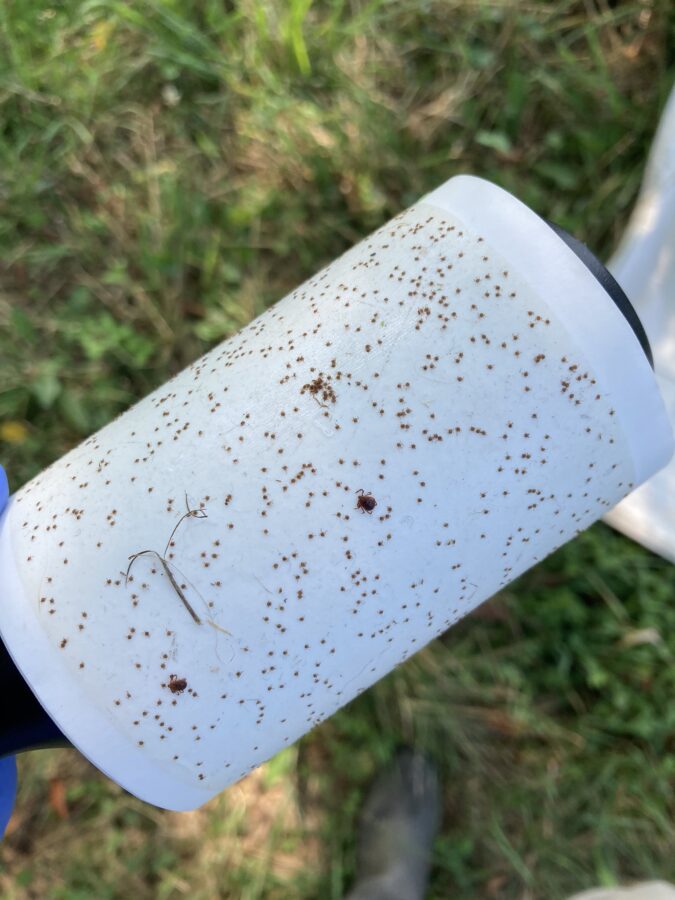The Asian longhorned tick has been confirmed in two Illinois counties: Hamilton and Morgan. Experts warn it can spread a deadly disease to cattle and cause major economic losses for farmers. University of Illinois Extension specialist Teresa Steckler says producers should be on alert.

“This particular tick can carry a very nasty disease, and that is the Theileria orientalis, Ikeda genotype. Essentially, it causes bovine infectious anemia that can infect both the red blood cells and the white blood cells,” explains Steckler. “It presents just like anaplasmosis, or clinically, like anaplas, and most guys are familiar with anaplas. Anaplas reaches from one end of the state to the other so that it could go undiagnosed within a herd.”
The infection can thin herds, reduce milk production, and threaten herd health, causing significant economic losses if left unchecked.
“You could lose calves, lose fetuses. Animals are going to go down in production, especially milk production. It’s going to take a little bit of time for these animals that do survive the initial infection to recover,” says Steckler. “It can cause varying rates of mortality in the herds, and it depends on the prevalence of the vectors and other routes of transmission.”
Steckler recommends checking cattle regularly for ticks, quarantining new animals, and managing pastures carefully to reduce exposure.














